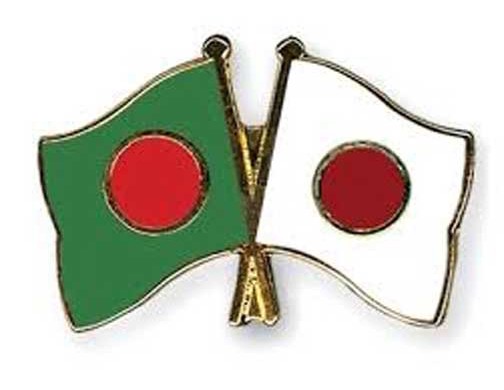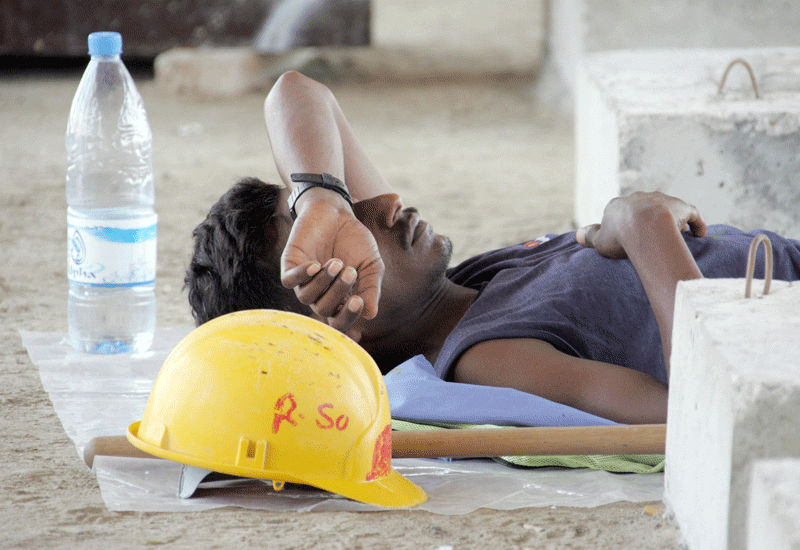If a nation may be likened to a tree, then teachers are its roots—hidden deep within the soil. Though invisible to the eye, it is the roots that nourish the tree, keeping it upright and enabling it to flourish with leaves, blossoms and fruit. Teachers are no different: often unseen, yet they instil knowledge, values and wisdom into the soul of a people.
Every year on 5th October, the world observes World Teachers’ Day. Established in 1994 by UNESCO and international teaching organisations, the day honours the contribution of teachers while raising awareness of their rights, dignity and indispensable role in society.
In 2025, the day arrives at a time of profound transformation. Technology, artificial intelligence and globalisation have reshaped the very nature of knowledge. Classrooms have turned digital, yet one truth remains unchanged: the teacher is irreplaceable.
The Global Significance of Teachers
World Teachers’ Day is more than a ceremonial occasion; it is an affirmation of values. Across human history, teachers have been torchbearers of knowledge and agents of change.
In ancient Greece, figures such as Socrates, Plato and Aristotle shaped the course of civilisation through teaching. In India, the Guru–Shishya tradition regarded education as sacred, with reverence for the teacher held as absolute. In every age, the teacher has stood at the heart of social and cultural development.
UNESCO’s 1994 declaration commemorated the “Recommendation on the Status of Teachers,” adopted in Paris. Today, the day is observed in more than a hundred countries. The theme of World Teachers’ Day 2025—“Teachers at the Heart of Education Recovery”—underscores the vital role teachers play in rebuilding education after the pandemic, guiding students through technology, and sustaining the light of humanistic values.
Teachers in Bangladesh: A Deeper Legacy
 In Bangladesh, the day carries a special resonance. Here, a teacher is not merely a professional but also a community leader, a cultural guide, and a source of hope for the marginalised.
In Bangladesh, the day carries a special resonance. Here, a teacher is not merely a professional but also a community leader, a cultural guide, and a source of hope for the marginalised.
Teachers have left indelible marks upon the nation’s history. During the Language Movement, they stood shoulder to shoulder with students. In the Liberation War of 1971, school and college teachers were among the earliest organisers, many of them laying down their lives. After independence, it was teachers who became architects of a new generation.
Yet today, their reality is fraught with challenges: wage disparity and financial insecurity, administrative burdens, political interference, and a lack of fair opportunities in private institutions. The teaching profession, once revered, struggles to attract bright and talented young people. World Teachers’ Day, therefore, is not only a day of tribute but also a mirror reflecting the crises of education and society.
The Modern Teacher’s Role
The role of today’s teacher extends far beyond textbooks. They are:
-
Moral guides, nurturing honesty, responsibility and discernment.
-
Technological mentors helping students to navigate the digital world.
-
Custodians of culture, preserving history, language and heritage.
-
Agents of social awareness, especially in rural areas, where teachers often raise knowledge of health, rights and development.
In villages across Bangladesh, a rural teacher is often more than an educator—they are a dream-giver, showing farmers’ children new horizons and igniting the lamp of possibility.
Education Crisis in Bangladesh
Bangladesh’s education sector faces deep-rooted problems:
-
Commercialisation—schools and colleges are increasingly reduced to business ventures.
-
Inequality—sharp divides between rural and urban education.
-
Infrastructural gaps—a shortage of classrooms, laboratories and digital tools.
-
Loss of talent—diminishing interest among young people in joining the profession.
-
Moral decline—eroding values, patriotism and civic responsibility.
Addressing these challenges requires teachers to embrace their broader role as guardians of citizenship and character, not merely deliverers of lessons.
Global Challenges, Local Responsibilities
In a world of artificial intelligence and automation, the question arises: if machines can provide knowledge, why do we need teachers? The answer is clear: machines may deliver information, but they cannot impart wisdom. They can process data, but they cannot inspire compassion or cultivate responsibility. Only teachers can nurture humanity.
For Bangladesh, the challenge is twofold: to embrace a technology-based education system, while safeguarding values of ethics, culture and patriotism.
The Horizon of Possibility
If teachers are granted dignity, opportunity and support, Bangladesh could witness a new educational renaissance. This would include:
-
Professional growth through training, research and international collaboration.
-
Digital expansion through smart classrooms and online learning.
-
Active involvement of teachers in policymaking.
-
A renewed emphasis on humanistic education, fostering values alongside academic achievement.
A Call to Honour Teachers
If teachers remain mired in insecurity, how can they inspire the next generation with hope? To honour them is to honour the very foundation of nationhood. On this Teachers’ Day, the pledge must be:
-
To uphold teachers’ dignity.
-
To protect education from unchecked commercialisation.
-
To reduce inequalities between rural and urban learning.
-
To recognise teachers as the true architects of nation-building.
World Teachers’ Day 2025 reminds us of an enduring truth: no nation can achieve liberation without its teachers. They are the torchbearers of knowledge and the keepers of morality. In their hands rests the shaping of generations.
If Bangladesh truly seeks to be a just, humane and developed nation, the first step must be to restore dignity to its teachers. For the flame lit in the heart of a child by a teacher can illuminate centuries.
Respect to all teachers—who, silently and selflessly, are building the future of our nation.
(The writer is a Teacher, Poet, and Columnist).

















